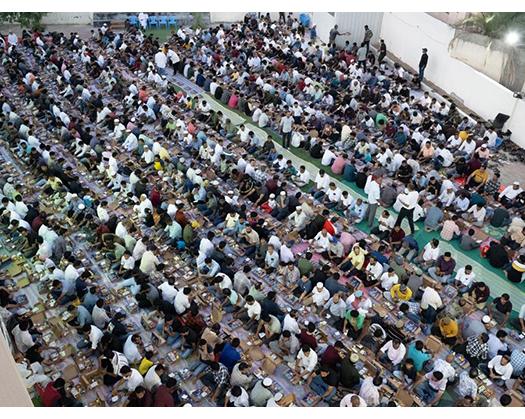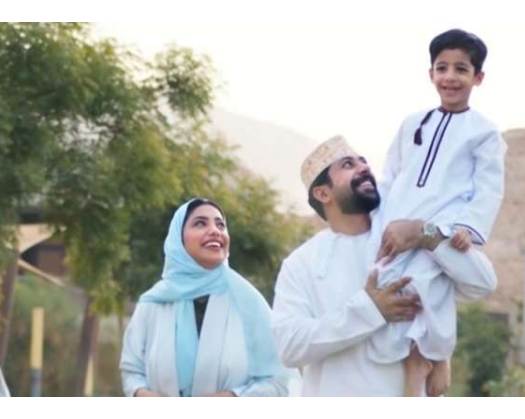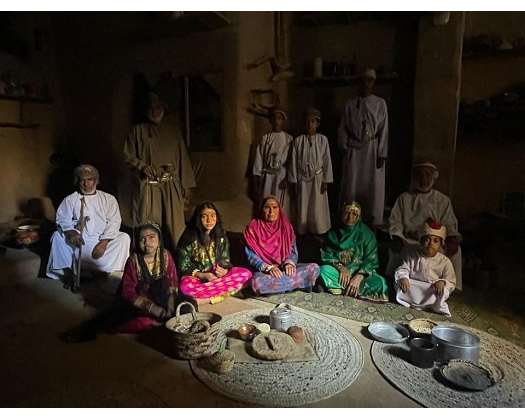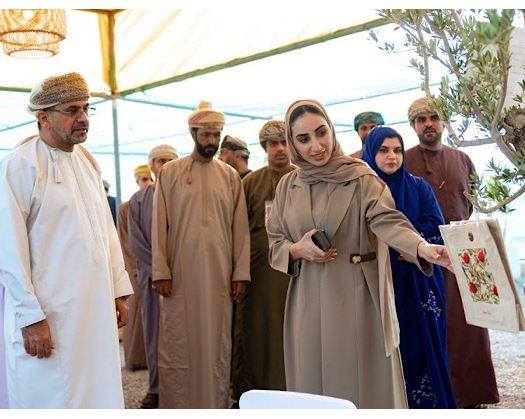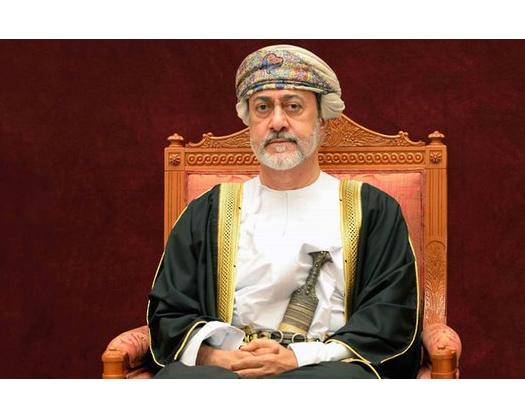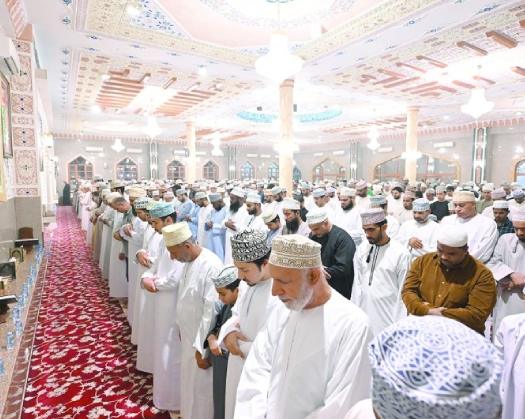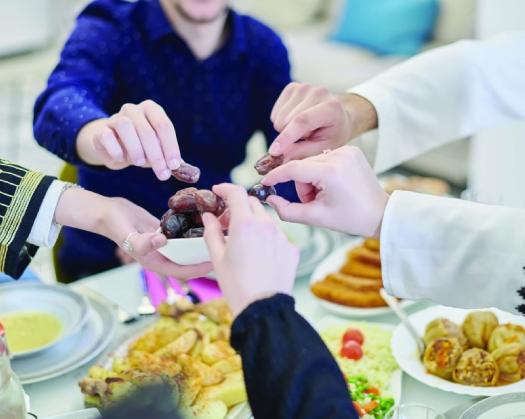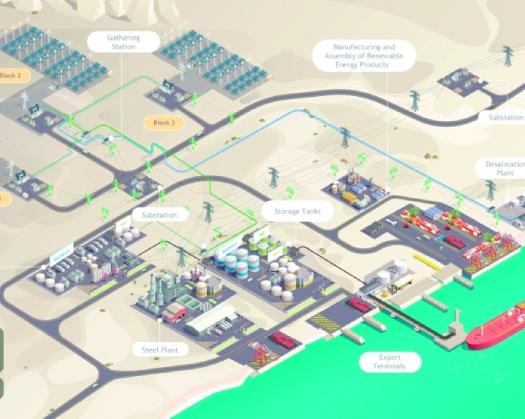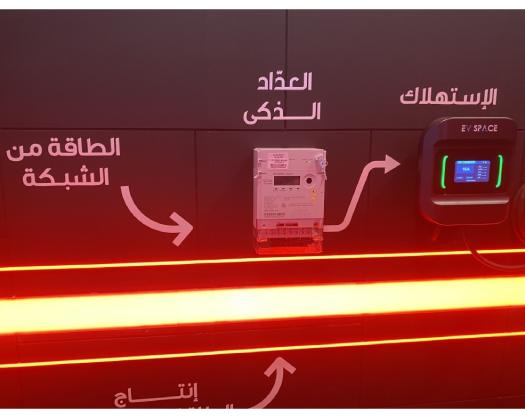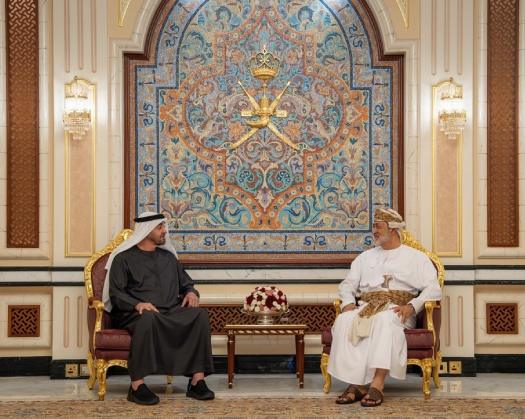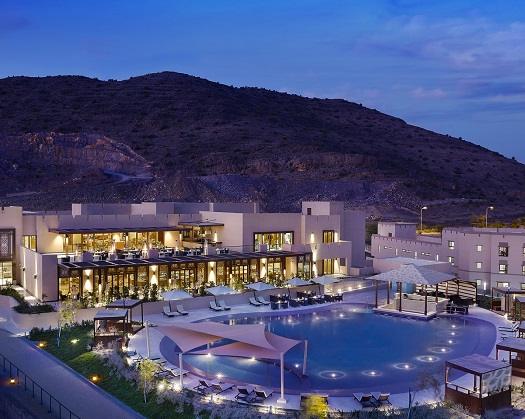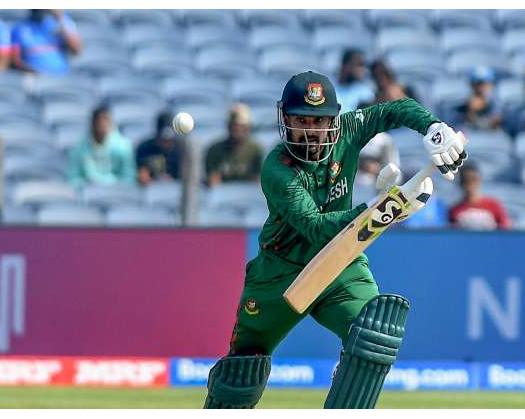Muscat: The holy month of Ramadan has always been a time of community and togetherness for blue-collar Muslim workers from the Indian subcontinent.
Traditionally, they would gather for community Iftars and mass gatherings at large mosques, such as the Grand Mosque and the Sultan Qaboos Mosque in Ruwi. These events fostered a sense of brotherhood and camaraderie among the workers.
However, due to the COVID-19 pandemic, these gatherings have been put on hold in recent years. Understandably, many workers have expressed their disappointment. The absence of these large-scale Iftar events has been felt deeply by the community.
Despite the challenges, smaller mosques have continued to provide Iftar meals, ensuring that the workers are still able to break their fast together. In addition, individuals and organizations have stepped up to distribute Iftar meals this year, showing solidarity and support for the workers.
Mohammed Salauddin, a domestic worker from Bangladesh, fondly remembers the community Iftar meals at the Grand Mosque in previous years. He understands the reasons behind the halt in these gatherings but had hoped to see them resume as things start returning to normal. The larger mosques provide a sense of blessing and unity as the workers come together to pray and break their fast.
For these workers, the Iftar gatherings were not just about the meal itself, but also about the opportunity for community bonding. Starting their day early, these gatherings provided a chance for them to connect with others and strengthen their sense of belonging.
The absence of public Iftars for the fourth consecutive year has left a void in the lives of these workers. However, their resilience and the support they receive from smaller mosques and generous individuals give them hope and remind them of the true spirit of Ramadan.
During Ramadan, frequent visits to mosques enable us to interact with a variety of individuals and establish new friendships," stated Mohammed Babar, a Pakistani expatriate. "The shared experience of breaking fast together enhances our sense of community."
Public Iftar meals are especially important for expatriates with low incomes, helping them save both money and time.
"After a tiring day at work, preparing Iftar meals can be too exhausting," mentioned Salauddin.
However, it's not just the meal that is missed; it's the warmth and companionship shared with strangers at the mosque.
Rehman A, an Indian expatriate, expressed disappointment over the lack of Iftar gatherings at the Sultan Qaboos Mosque in Ruwi, echoing the sentiment of missed opportunities for community growth.
Despite the absence of communal Iftars, acts of charity continue. Many individuals and organizations distribute Iftar meals daily, with some anonymous donors even arranging food parcels in areas like Ghubra and the Ghala Industrial Area.
"The suffering of the Palestinian people in Gaza deeply saddens us," stated Salim Al Balushi, an Omani donor. "This time, I have chosen to focus my major donation on Gaza. However, I am still making sure to organize Iftar meals, albeit for fewer people."
For many, like Mazin Sharif, a Pakistani laborer, relying on the generosity of others for Iftar meals starkly contrasts with the ease of community gatherings in the past. "Previously, it was simpler to visit a large mosque and share an Iftar meal," Sharif remarked.
Laborers and workers along Ruwi High Street expressed how community Iftars help them save valuable time that would otherwise be spent cooking after a tiring day at work.
Mustafa Mohammed, a Bangladeshi expatriate residing in Hamriya, emphasized, "We work hard every day to make a living. If we have to cook Iftar meals, it takes away from our work hours."
Throughout Ramadan, the generosity of sharing food and supplies transcends cultural and ethnic differences, bringing people from various backgrounds together in a spirit of unity and compassion.

